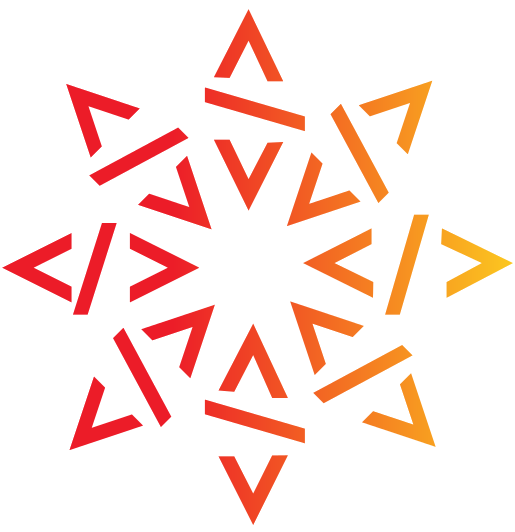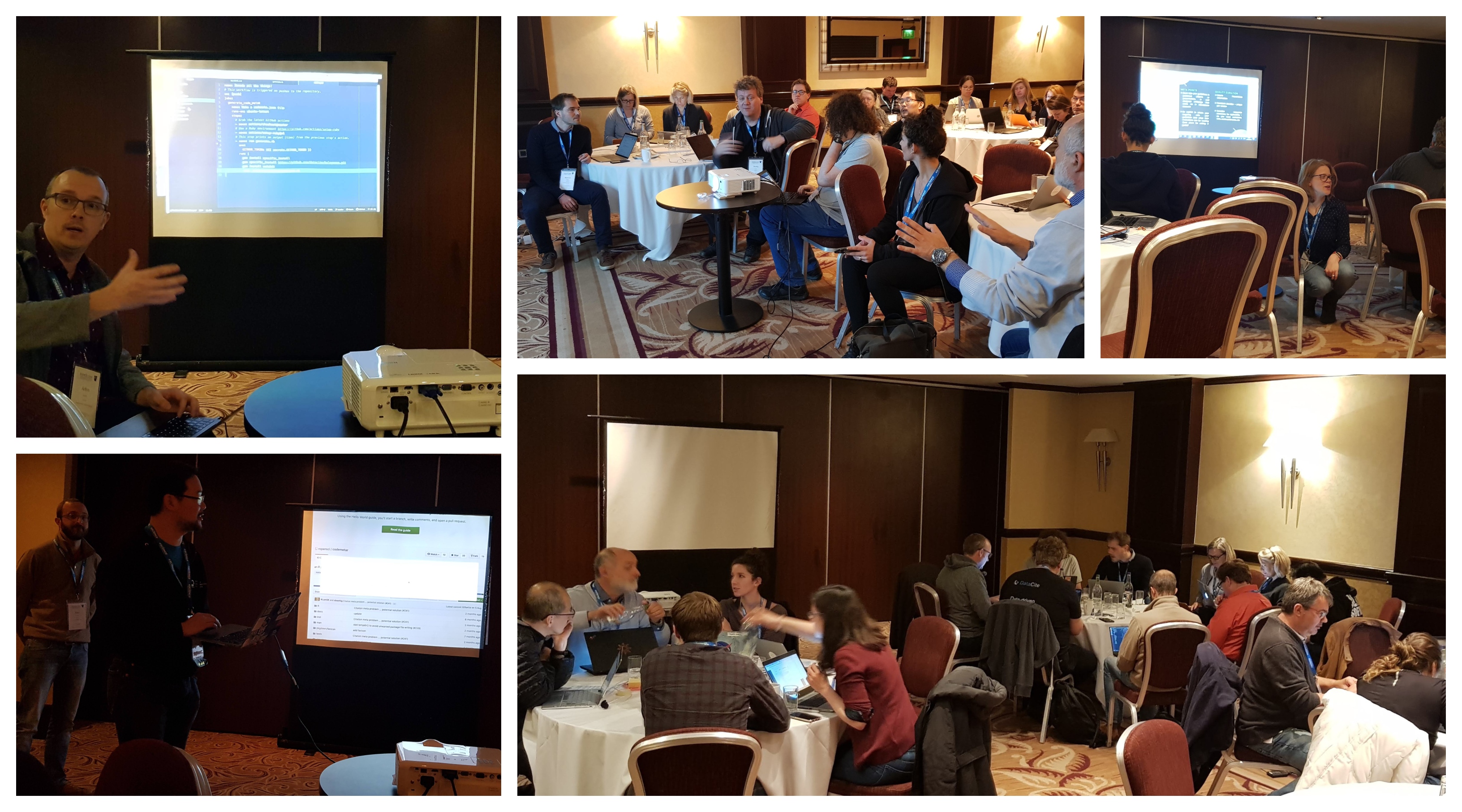Research Software Hackathon at FORCE2019
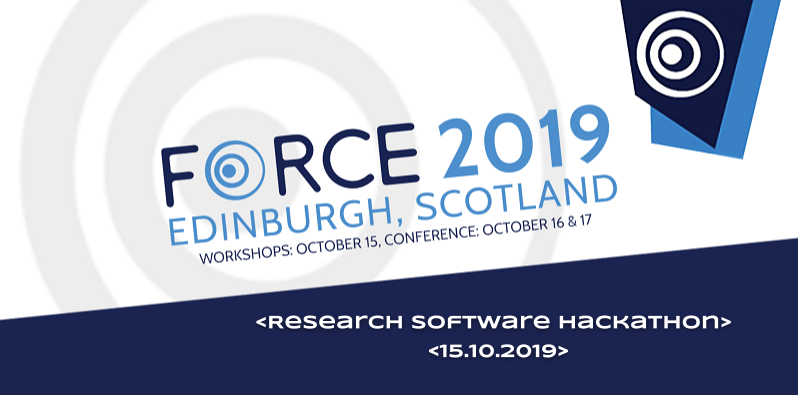
Last week, we had the pleasure to participate in the Research Software Hackathon during the FORCE2019 conference.
It was remarkable to see so many people interested in the same goal: making software a first class citizen in the scholarly world.
The day started with engaging presentations about the different working groups involved and the challenges we are facing when dealing with software. Software source code is different from other research outputs and should be recognized with all its complexity.
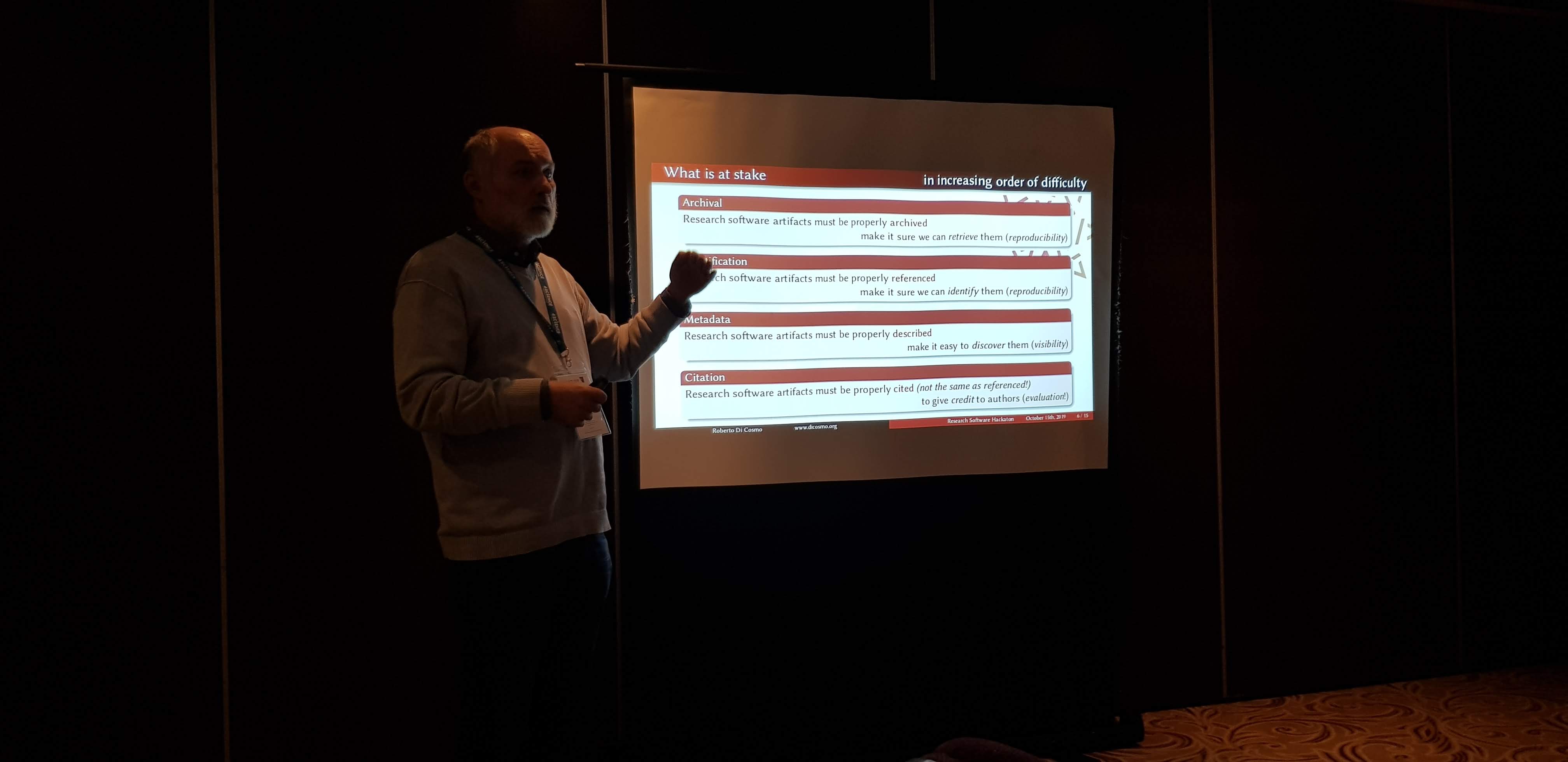
Roberto Di Cosmo tackling the challenges when it comes to Research Software Artifacts [full presentation]
The Research Software Hackathon regrouped the three following groups: Force11’s Software Citation Implementation Working Group [SCIWG], the joint RDA & Force11 Software Source Code Identification Working Group [SCID WG] and the RDA’s Software Source Code Interest Group [SSC IG].
If you are interested, you can always join each group’s mailing list and follow the scheduled calls and updates.
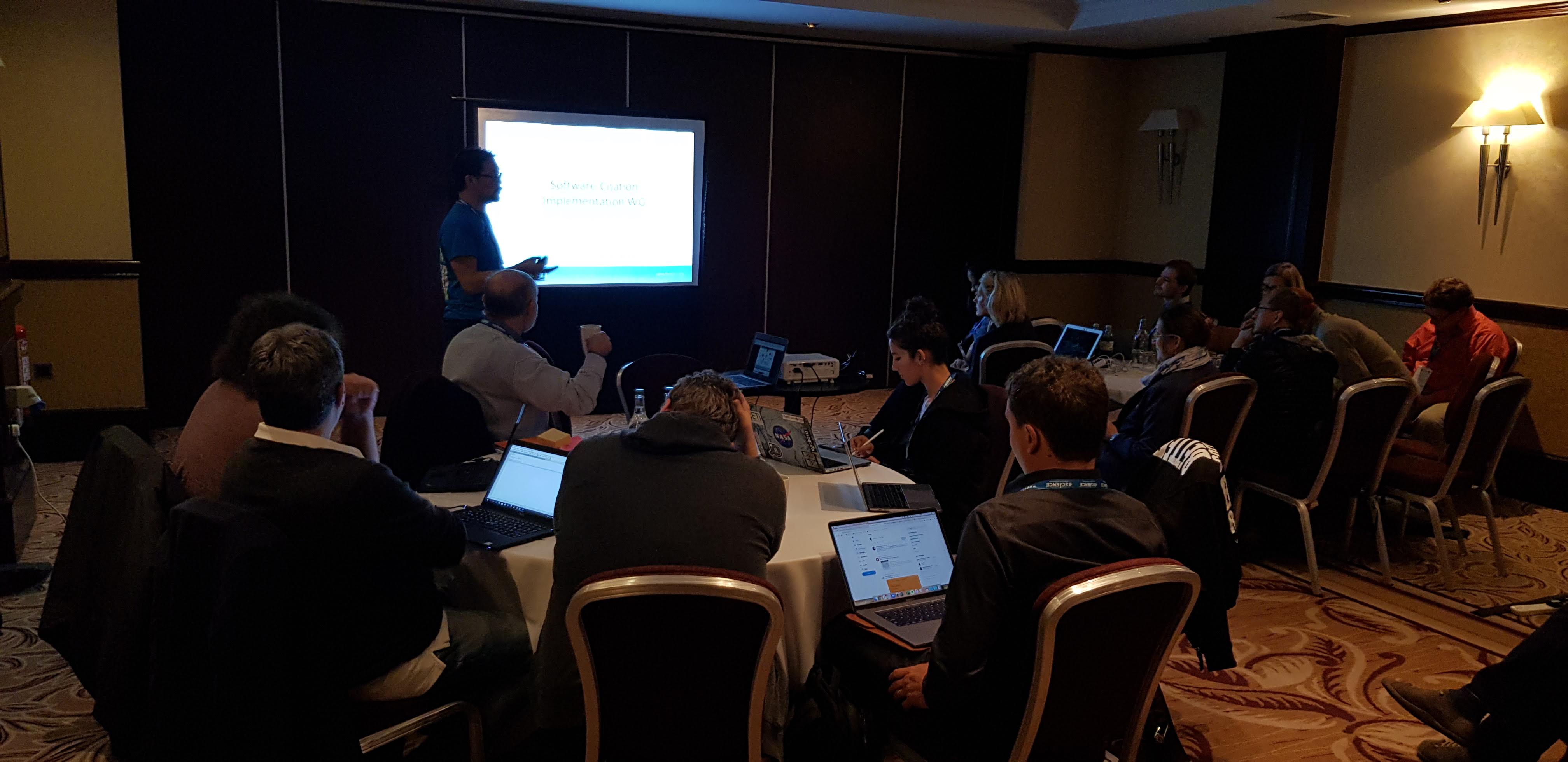
Neil Chue Hong presenting the Software Citation Implementation Working Group [full presentation]
After the first hour, the participants split into different tracks:
- Identifiers for software,
- Metadata interoperability,
- Data quality and curation,
- Policies and incentives.
Track 3 and 4 started as one big group, but soon after the introduction rounds the participants decided to split into two activities: comparing the research software guidelines (track 3) and reviewing the pain points and « known unknowns » in software archiving practices (track 4).

The four tracks for the Hackathon’s activities [full agenda presentation]
We ended the day with a few demonstrations of the work that was achieved during the day:
- The tools needed for metadata interoperability and the vocabularies missing from the CodeMeta crosswalk table [see metadata interoperability notes]
- An experimental tool that automatically generates codemeta.json files and sends a PR which uses information from GitHub or in the repo [see repo]
- An additional extension to the CiteMyCode tool for creating a citation from codemeta.json file [see repo]
- A tool for creating a codemeta.json file from scratch or from an imported file [see repo][see project board]
- The key points comparing the Research Software guidelines [see data quality & curation notes] [see presentation][see best practices crosswalk]
- The discussion about pain points and how to address the burden that software archiving / citation policies may put on researchers and authors, given the variety of available policies and the lack of usable tools [see policies & incentives notes]
- The discussion about software granularity and the large panorama of used entry points to identify software [see software identifications notes][see granularity crosswalk]
All the final outcomes are available on the SCID WG repository.
Finaly, the Research Software Hackathon was a great step forward in our quest to promote software as a research output. Let’s continue together this path on making software a first class citizen in the academic ecosystem.
